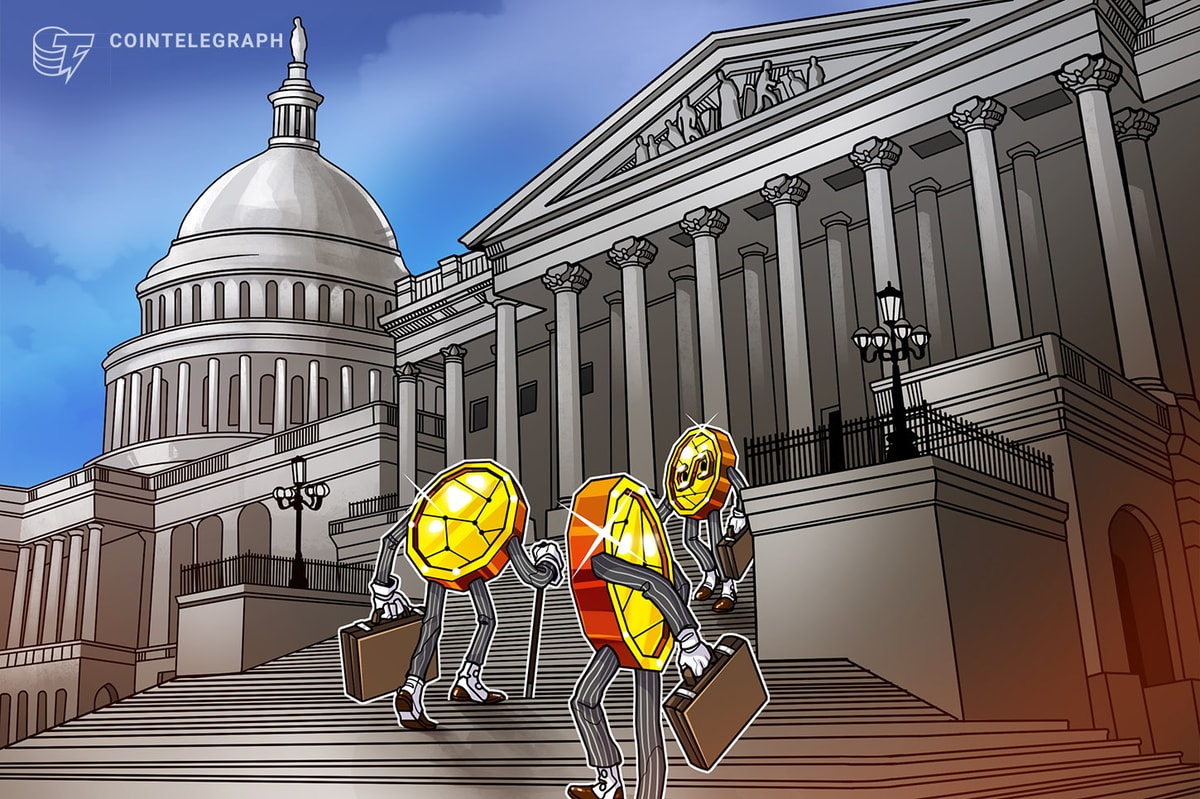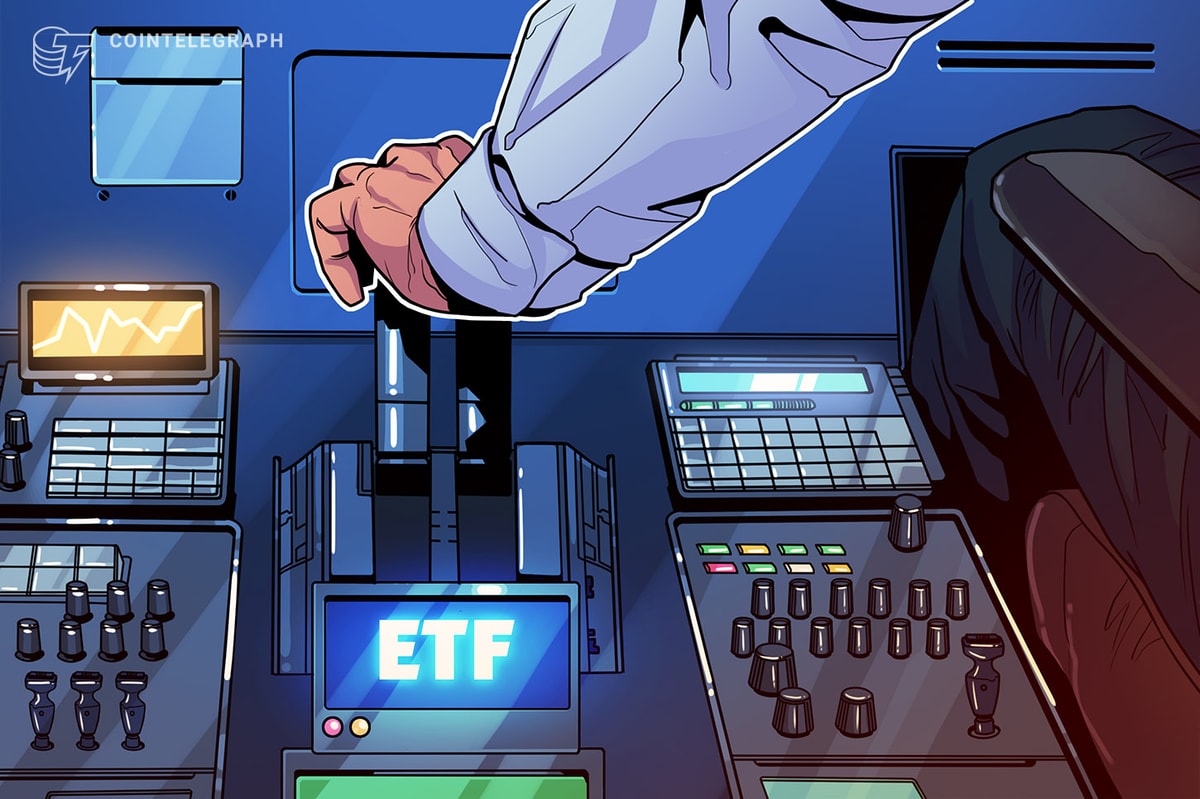Lawmakers with the United States House Financial Services Committee and House Agriculture Committee have released a draft discussion offering certain crypto assets a pathway to being labeled digital commodities.
According to a discussion draft published on June 2, lawmakers proposed “establishing a functional framework” aimed at providing regulatory clarity for crypto firms in the United States. The draft bill would prohibit the U.S. Securities and Exchange Commission (SEC) from denying digital asset trading platforms from registering as a regulated alternative trading system and allow such firms to offer “digital commodities and payment stablecoins.”
Specifically, the proposed legislation cracks down on the approach many in the crypto space have criticized the SEC for taking by not offering clear rules of the road. The framework under the bill would allow certain digital assets to qualify as digital commodities if they were “functional and considered decentralized” and require the SEC to provide a “detailed analysis” of any objections to a classification of a firm as decentralized.
“The Act also requires the SEC to modify its rules to allow broker-dealers to custody digital assets, if they meet certain requirements,” said the draft. “Additionally, the Act would require the SEC to write rules to modernize certain regulations for digital assets.”
NEW: Key House Republicans Unveil Crypto Market Structure Draft Bill
— Eleanor Terrett (@EleanorTerrett) June 2, 2023
The draft legislation was unveiled today by House Financial Services Committee Chairman @PatrickMcHenry and House Agriculture Committee Chairman @CongressmanGT https://t.co/QTn32ai68B
Coinbase’s chief legal officer Paul Grewal lauded the draft bill, saying it “lays a strong foundation for regulatory jurisdiction and definitions” but warranted an in-depth review before a formal introduction. The U.S.-based crypto exchange recently launched a pro-adoption ad campaign ahead of a lobbying-focused event in Washington, D.C., scheduled for July.
Related: SEC crackdown on crypto staking in the US could boost decentralization
Introduced by House Financial Services Committee Chair Patrick McHenry and House Agriculture Committee Chair Glenn Thompson — both Republicans — the legislation lacked input from lawmakers on the other side of the political aisle. Democrats and Republicans have sometimes demonstrated a willingness to have a bipartisan approach to crypto regulation, but it’s unclear how far the proposed legislation could advance in a divided Congress.
At the time of publication, U.S. lawmakers in the House and Senate had passed legislation aimed at stopping the government from going into default by raising the debt ceiling. President Joe Biden is expected to sign the bill into law on June 2.
Magazine: Crypto regulation: Does SEC Chair Gary Gensler have the final say?











